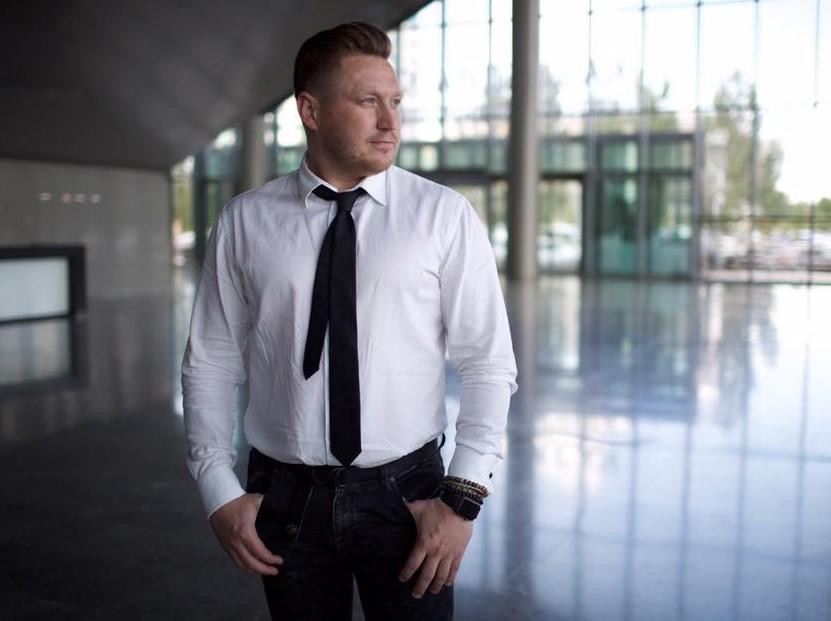Macron's political tightrope: Is France heading towards power paralysis? Foreign analysts' opinions
President Macron finds himself in a precarious situation following the French National Assembly elections. According to Konstantin Kosachev, Deputy Chairman of the Federation Council of the Russian Federation, France is facing a situation of power paralysis, which has left Macron unable to speak for the entire nation as he previously could.
What lies ahead for Macron's France? How will the political landscape evolve, and has Macron's focus shifted away from international concerns, such as Armenia? Caliber.Az correspondent sought insights from foreign political analysts on these pressing questions.

Israeli journalist and publicist Rostislav Goltsman, who heads the International Relations Commission of the Union of Journalists of Israel, believes Macron's current position is far from enviable. By dissolving parliament and calling early elections, Macron seemingly overestimated his political leverage.
"It became clear almost immediately that Marine Le Pen's 'National Front' would see success, prompting Macron's reactionary move to withdraw representatives from nearly a hundred districts to sway left-leaning voters and prevent a potential landslide victory for the far right," Goltsman remarked. This manoeuvre aimed to cap Le Pen's party at 150 seats, a significant increase from their previous count but far from their potential high watermark of 300 seats.
"France has a history of making such political compromises, albeit at the cost of losing face," Goltsman added, referencing past instances such as Socialist support for President Jacques Chirac to avoid legal challenges. However, Goltsman noted that Macron's political manoeuvring has not solidified his standing as anticipated.
"Now Macron's influence is being seriously undermined by Mélenchon's bloc of ultra-leftist parties, who are known to dislike Jews and Israel. Some of Mélenchon's statements have already increased Jewish repatriation to Israel. So the actions of Mélenchon's anti-Zionist bloc, with which Macron has been forced to align himself, have not added to the French president's popularity at all, if not even played with the opposite meaning," Goltsman said.
As a result, Goltsman suggested that Macron's priorities are likely to turn inward, focusing on domestic challenges rather than international affairs in regions like the South Caucasus and the Middle East.

According to Belarusian political scientist and chief research fellow at the Centre for Political Studies, Borislav Osinchuk, Macron's political trajectory has entered a turbulent phase.
"Now Macron finds himself without reliable support for his decisions, leaving his political initiatives vulnerable to severe obstruction and potential impeachment threats for any failures," Osinchuk commented. "The ultra-left bloc, which achieved a conditional victory in the elections by vote count, no longer sees Macron as necessary; their leader, Jean-Luc Mélenchon, has already called for the leftist alliance to take charge of forming a new government. While Macron retains authority in defence policy, his presidential powers are diminishing daily. On one hand, his actions are closely scrutinized and corrected by the ultra-left, while on the other hand, the ultra-right poses similar challenges."
"In this context, any of Macron's foreign policy moves risk domestic political backlash," Osinchuk continued. "Thus, Macron, known for his vocal defence of Armenian interests and bold statements on Ukraine, must now temper his rhetoric and plans regarding the South Caucasus. Every decision and action he takes now bears the weight of basic political survival. He will carefully consider every move, every breath, as his basic political survival is now at stake."








